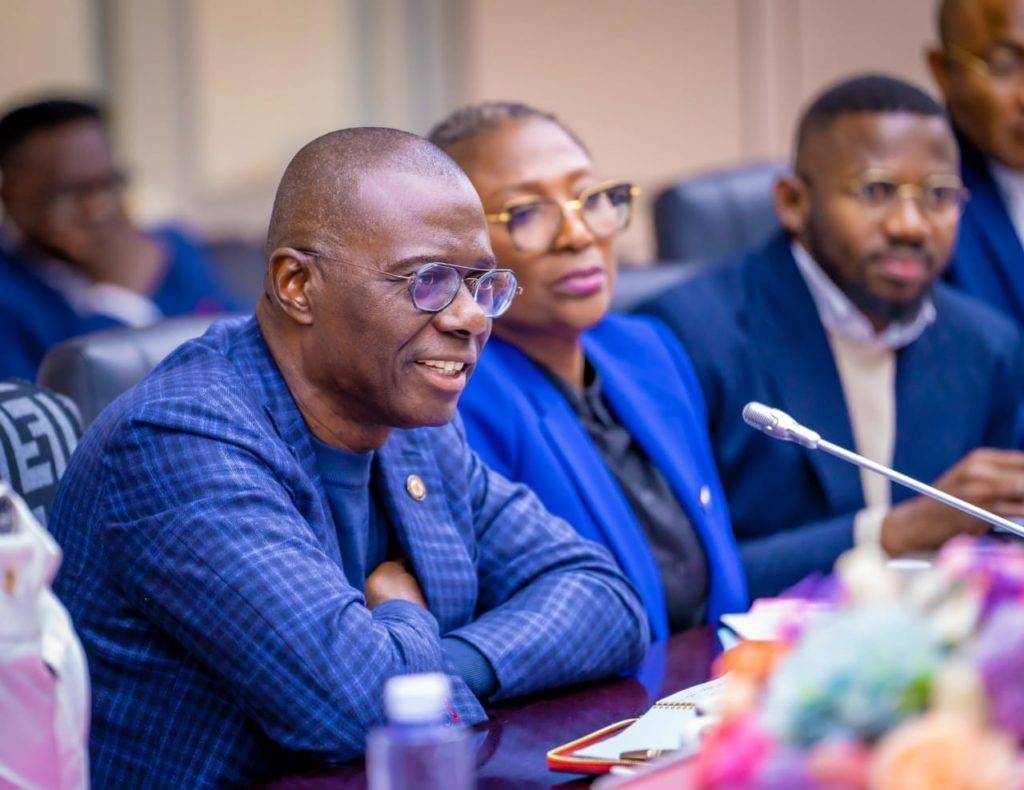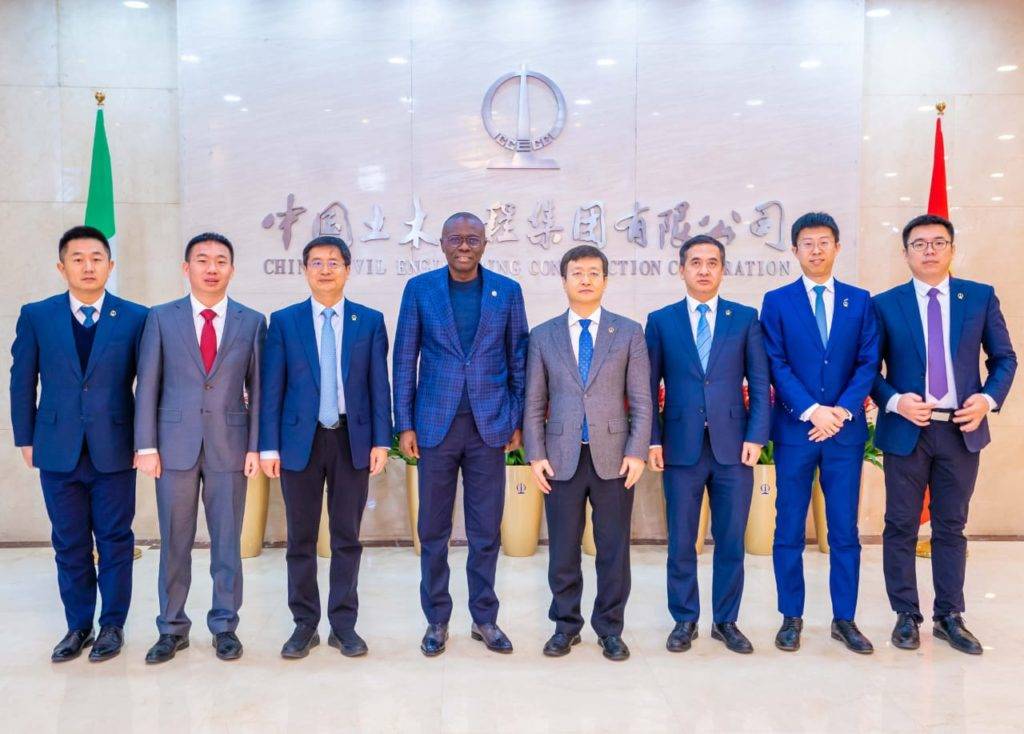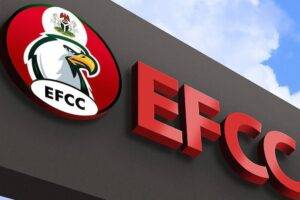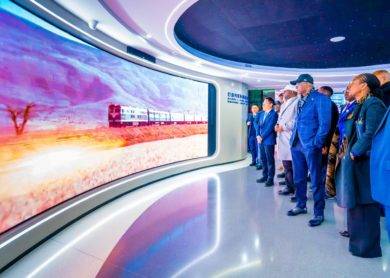In a groundbreaking development for Lagos, the eagerly anticipated Lagos Redline Rail project, spanning from Agbado to Otto, is set to be officially commissioned in a matter of weeks. This announcement comes as a source of delight for residents and commuters alike, marking a significant step towards alleviating the longstanding transportation challenges faced by the city’s over twenty-two million inhabitants.
The completion of the Lagos Redline Rail project underscores the government’s unwavering commitment to enhancing the transportation infrastructure in Lagos. The project, which has been meticulously planned and executed, aims to provide much-needed relief to commuters grappling with the daily struggles of traffic congestion and inefficient transportation systems. This heralds a new era for Lagos, as the city takes strides towards a more efficient and interconnected public transportation network.
International Collaboration: Advancing the Blue Line Rail Project:
During a productive meeting held in Beijing with the China Civil Engineering Construction Corporation (CCECC), the Lagos government reinforced its dedication to advancing the second phase of the Blue Line Rail project. This crucial international collaboration aims to create an integrated transportation system tailored to the unique needs of Lagosians. The leadership discussions in Beijing were instrumental in finalizing plans for a long-term partnership, ensuring the success and sustainability of this transformative project.
The collaboration with CCECC highlights the importance of international cooperation in realizing ambitious infrastructure projects. The comprehensive approach to transportation improvements in Lagos showcases a commitment to not only solving immediate challenges but also laying the foundation for a sustainable and efficient future for the city.

Future Prospects: 4th Mainland Bridge on the Horizon:
As discussions during the Beijing meeting unfolded, plans for the 4th Mainland Bridge were also on the agenda. The government’s affirmation that this ambitious project is set to commence shortly adds another layer of excitement for Lagosians. The anticipation surrounding the Lagos Redline Rail project is not just a standalone achievement; it is part of a broader vision to address the holistic transportation needs of the city.
The impending commissioning ceremony, graced by the presence of HE President Bola Tinubu, adds a touch of grandeur to the occasion. His participation underscores the significance of this milestone for the entire nation. As Lagos continues to make strides in transforming its transportation landscape, the promise of a more accessible and efficient city for all its residents is on the brink of realization.
Lagos Redline Project: Fostering Social and Economic Development
The ambitious Lagos Redline Project, spearheaded by FMIL, is not merely a transportation initiative but also a catalyst for social and economic growth. Beyond the goal of efficient transportation, the project is set to usher in a wave of job opportunities, stimulate local businesses, and significantly enhance connectivity along the rail corridor. As a 37km North–South rail route, the Lagos Redline is designed to traverse key locations, from Agbado to Marina, with strategically placed stations ensuring accessibility for workers, students, businesses, and tourists.
This transformative venture aligns with the vision of turning Lagos into a modern, vibrant, and sustainable city. The project’s focus on safety, efficiency, and sustainability underscores its commitment to a brighter future for the region. FMIL’s role as the concessionaire, in collaboration with local and international stakeholders, instills confidence in the successful implementation of this monumental initiative.

Route Details and Connectivity: Navigating the Lagos Redline:
The intricacies of the Lagos Redline route showcase a well-thought-out design to optimize connectivity and efficiency. Beginning as a double line at Marina, the route spans through crucial areas such as Ebute Ero, Iddo, Yaba, Mushin, Oshodi, and Ikeja, strategically linking the international and domestic airport terminals. The interconnection of the Red Line with the Blue Line at Marina transfer stations further enhances the city’s overall transportation network.
The unique layout involves a reverse curve from Iddo to Ebute Metta and a single line from Ikeja to the airport terminals, showcasing a comprehensive approach to streamline travel. As the Lagos Redline progresses northwards through Agege, Iju, and Agbado, it ensures seamless connectivity for commuters while contributing to the broader goal of a more interconnected and accessible Lagos. The Lagos Redline Project emerges not only as a symbol of modern transportation but also as a key player in the socioeconomic evolution of the region.
Table of Contents
Discover more from OGM News NG
Subscribe to get the latest posts sent to your email.














